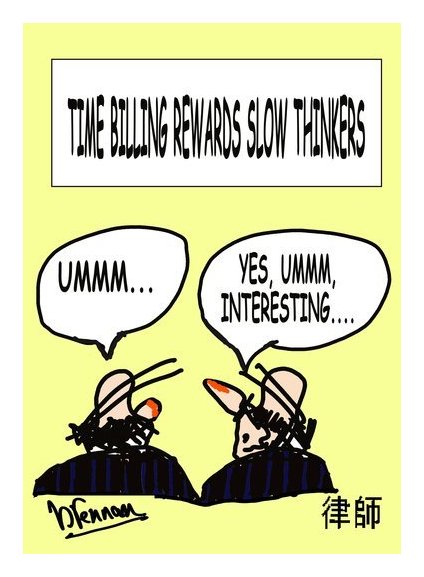

![]()
 You are passionate about what you do. You brim over with ideas for flower arranging, or fitness training or undertaking. Your documents start to have tables, and new names that you thought up yourself. You register some trademarks. Then you are approached by one of those companies that have business models, company structures and overseas investors. They love your work, and readily sign your “homemade” contract. They want you to consult for a great fee on each stage of their journey to world domination (money seems no object). Success is yours.
You are passionate about what you do. You brim over with ideas for flower arranging, or fitness training or undertaking. Your documents start to have tables, and new names that you thought up yourself. You register some trademarks. Then you are approached by one of those companies that have business models, company structures and overseas investors. They love your work, and readily sign your “homemade” contract. They want you to consult for a great fee on each stage of their journey to world domination (money seems no object). Success is yours.
They excel in producing proposals and presentations for what will be a worldwide clientele. Your module names, trademarks and know-how appear freely on their ever-growing website and the line between your work and theirs becomes indistinguishable. They share your information with others.
After the initial flurry of high wages, company cars and hotel expenses, many such joint ventures need to show their investors that value has been created. It is then that they may try to steal your IP. Maybe your “homemade” contract will protect you, maybe not.
There are four types of legal documentation that give creative people control over their deals:
1. Terms and conditions of service and/or consultancy agreements,
2. Confidentiality agreements to stop others being told of your ideas and shown your materials,
3. Distribution agreements and/or agency agreements, and
4. An IP licence to protect your ideas.
Your IP licence should among other things:
• List the products, training manuals, modules and trademarks (registered and unregistered) that you own.
• Specify the licence given. For instance, a “non-exclusive” licence means they can use the material, but so can anyone else with your permission. The more generous the licence, the more you charge.
You have supped with the devil and it may be too late to pull back but that is business, and you should either seek legal protection, or at least be aware that you are vulnerable.
Many small business owners do without some or all of these documents and comfortably manage unsuccessful businesses for years, thereby avoiding this sort of legal expense.
If you have a great product and potential, you only have yourself to blame.
Extract from "Easy IP: How to use the Law to Protect you Money-Making Ideas" by Paul Brennan

© Paul Brennan 2010. All rights reserved.
More on Easy IP:
PROTECTING YOUR NAME, IDEAS, PRODUCTS, AND BRANDS
EASY IP: HOW TO USE THE LAW TO PROTECT YOUR MONEY-MAKING IDEAS